- Learning time
- minutes
- First play time
- 120 minutes
Riverboat
Designed by: Michael Kiesling
In Riverboat you are farmers on the banks of the Mississippi raising crops and sending them downriver to be sold.
The game plays over four rounds and in each round there are five phases: hiring, planting, harvesting, sailing and… scoring points. No, not a lot of farmers have a point-scoring phase in their daily routine, but this phase represents your success selling crops at the markets.
Two boards go centrally showing a score-track, scoring cards, and the plants you’ll be sowing in your farm. Each player has a personal board that represents their farm, and in each phase all players take the associated action. Hiring sees you add workers to your board, planting lets you take tiles from the central board and tuck them under your workers, and harvesting allows you to remove workers from the board – each revealed crop is theoretically loaded onto boats: you take a boat tile from the board and add it to the jetty that runs around your own board, allowing your harbour master piece to travel along it – we’ll explain why in a moment. In the sailing phase players take scoring cards from a central display, which they can use in the final phase to score points by placing a surveyor on the card – you begin with two surveyors, but can get more during play. Players can also sacrifice their limited amount of workers by sending them down river to New Orleans to haggle in the markets – again, why will become clear below.
At the end of the game there’s some final scoring where the player who sent the most workers to New Orleans scores a whopping 20 points, whereas second place gets 10 and third place 5. Players will also score for how far they moved their harbour master along their jetty – the player who has moved the furthest scores the point value of every boat they’ve gone past (or reached) whereas all the other players will only score half the point value.
Turn order is absolutely crucial. At the start of each round players choose (clockwise from starting player) a phase to activate. As the starting player they have two advantages over their opponents – going first means first choice on everything, but each phase also has a bonus for whoever starts that phase – it might be a coin, or the ability to shuffle your harbour master along the jetty, or the option to send workers to New Orleans. In a game of sometimes fine margins, your choices really matter!
The guru's verdict
-
Take That!
Take That!
You're farmers, so there's no punch-ups. But yes, there's room for a bit of Take-Thatery here as players take crops each other want, launch boats others wanted, and take scoring cards that someone else was desperate for.
-
Fidget Factor!
Fidget Factor!
Not much down-time here as everyone plays in all phases. As long as nobody gets stuck in a rut of indecision.
-
Brain Burn!
Brain Burn!
Decisions aren't terribly heavy, but the game almost encourages you to plan for something that may blow up in your face - as mentioned above, turn order in Riverboat is everything, right down to ties for the winner should a draw occur.
-
Again Again!
Again Again!
It's a game for fans of puzzles, really, but there are some random elements - where crops can be planted and which scoring cards come out. You can also try different strategies, focusing on New Orleans or ignoring it in favour of some big-scoring boats and a mobile Harbour Master!

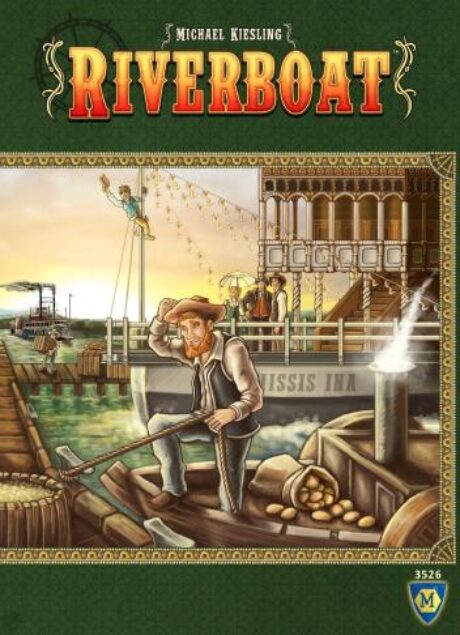
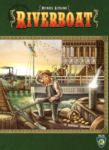
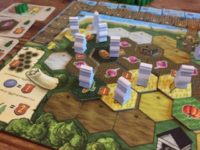
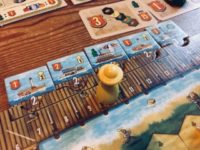

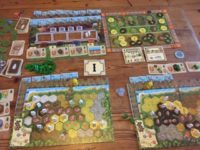




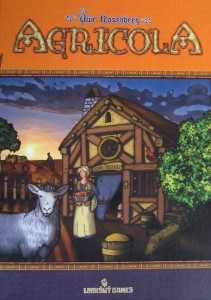

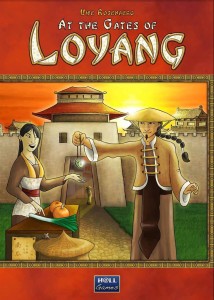
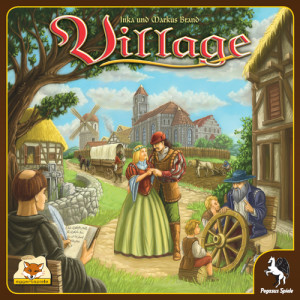
Sam says
Riverboat is all about the turn order. You really want to be going first in every phase, but of course you can't. At first sight it seems going first in phase four is most important, as those scoring cards can be a a huge point swing if two people are after the same one. But going first in phase five allows you to send a worker to New Orleans, potentially grabbing that big points reward at the end of the game. But that means you're using up your precious workers - and you can only claim an extra worker when you go first in phase one. And so on. It's not my favourite game - not even my favourite game by this designer! - but I have enjoyed exploring this a good deal, and for those who like the seemingly placid theme to have a surprisingly dark underbelly, Riverboat scratches that itch!